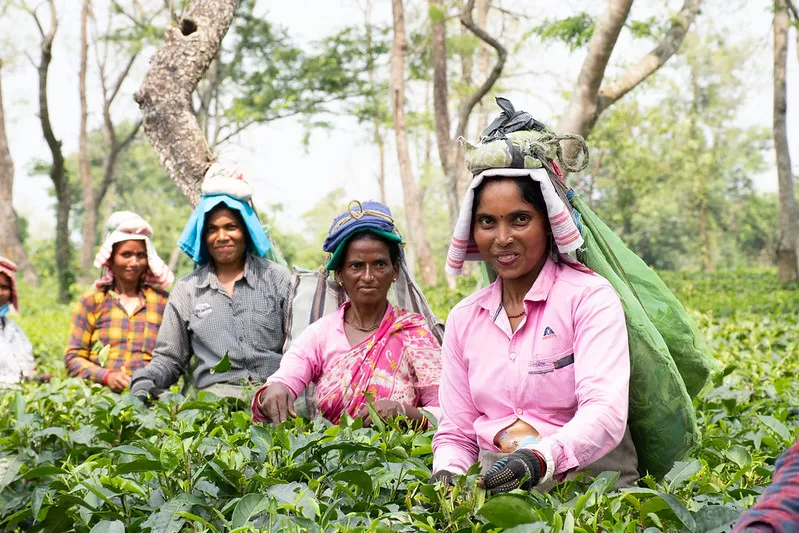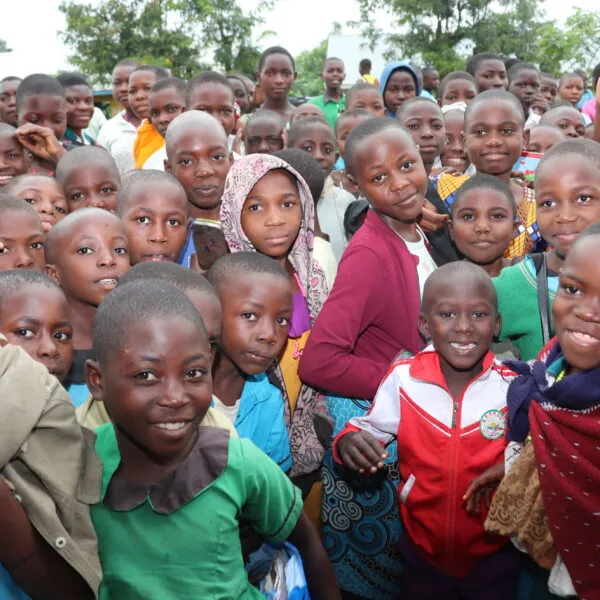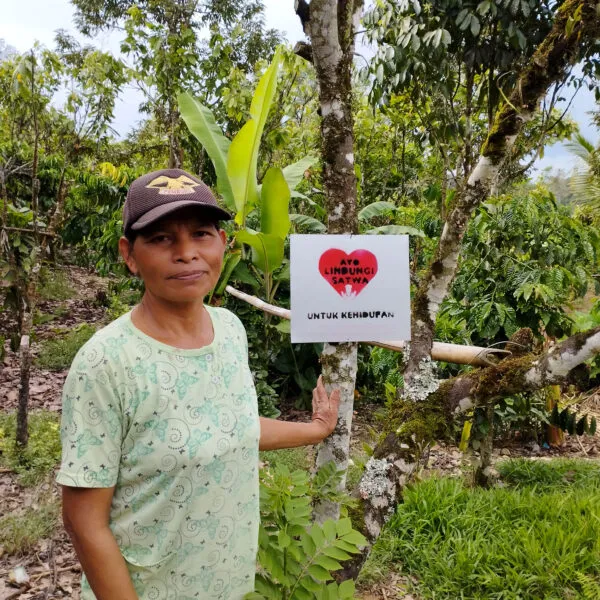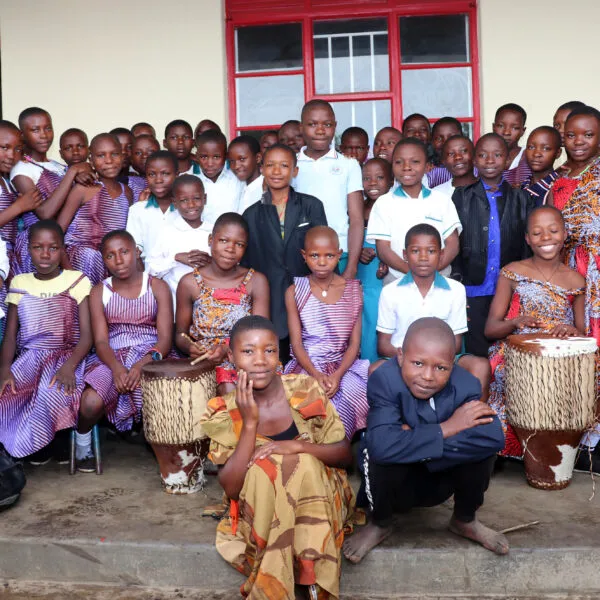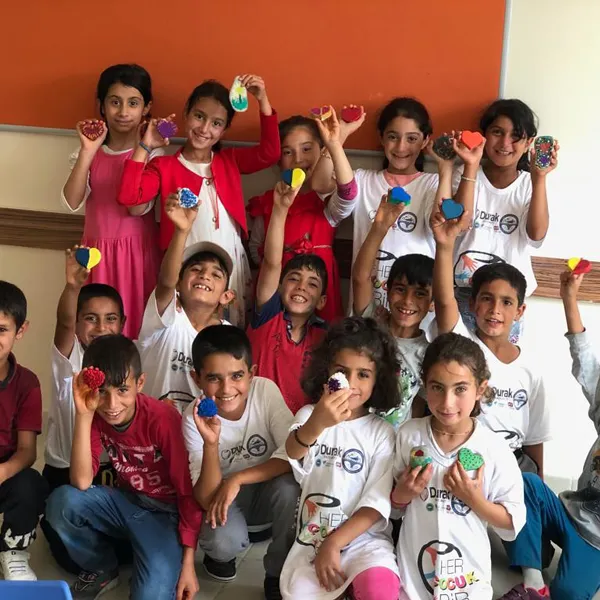India is the second largest tea producer in the world. In the northeastern state of Assam alone, 900,000 permanent workers—about half of them women—fuel the tea industry. Despite their numbers, women workers here face a host of challenges to their human rights, making it urgent that tools such as effective, safe grievance mechanisms are available to them on tea estates.
In Veracruz, Mexico, and even more so in the state of Chiapas, migrant labor represents a significant portion of the coffee workforce. Migrant coffee workers are vulnerable to poor working conditions and discrimination, and women migrant workers face additional risks to their well-being, including violence and harassment.
The Rainforest Alliance, in partnership with Quizrr, an award-winning EdTech company, will develop and pilot training modules for workers and managers on Rainforest Alliance Certified farms in these regions. Trainings will cover existing human rights risks, in line with the OECD-FAO Guidance for Responsible Agricultural Supply Chains, and will result in a significant improvement in the understanding and awareness of human rights risks for the workers and managers involved in this pilot. This will in turn result in more cases being reported and positively remediated, using the Rainforest Alliance’s assess-and-address system, and decreasing human rights violations in the long term.
As part of the pilot, feedback from participating farm workers will be used to improve training modules. Once finalized, the materials will benefit more than four million farmers and workers covered by Rainforest Alliance certification and will be freely available for use by all ISEAL members.
Project Name
Embedding worker-led approaches to human rights due diligence into agricultural sustainability systems
Location
Veracruz and Chiapas, Mexico, and Assam, India
Project Period
2024—2025
Key Commodities
- Coffee (in Mexico)
- Tea (in India)
Priority Issues
Human rights in agricultural supply chains
Partner Communities
3,000—7,000 workers
Project Objectives
- Strengthening mitigation and remediation pathways, particularly through collective action
- Supporting more equitable outcomes of due diligence processes
- Improving the quality of data and align data sharing to support implementation of due diligence regulations
- Digital trainings with live-action films, infographics, and quizzes for workers and managers covering key human rights issues
- Trainings for Rainforest Alliance certificate holders on incorporating and strengthening HRDD processes
Funders
Rainforest Alliance Contact
Sara Monti
smonti@ra.org
